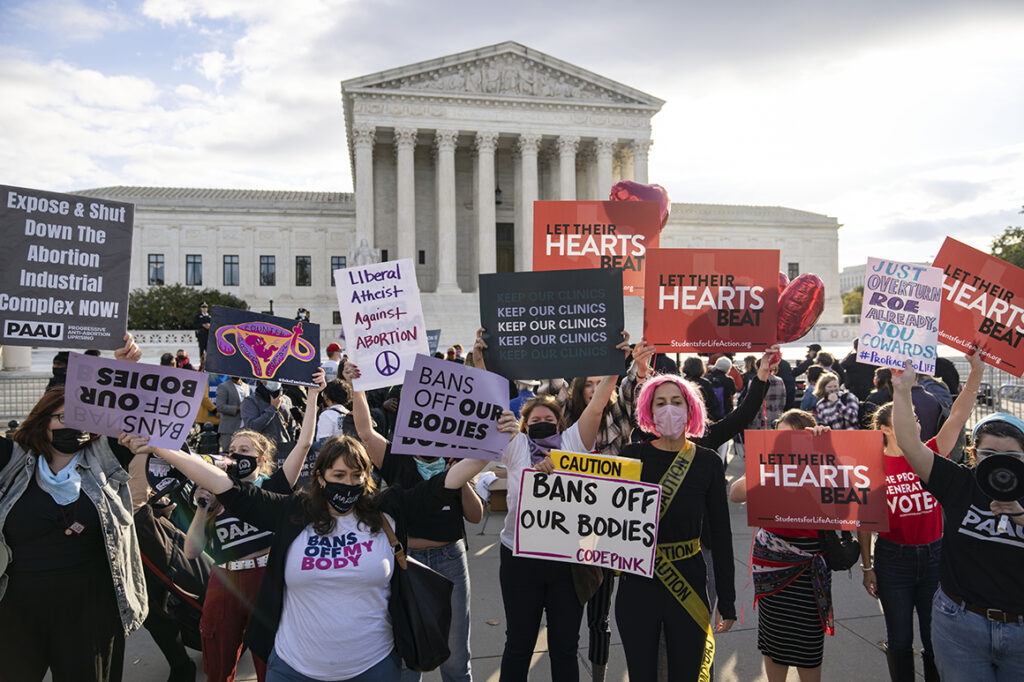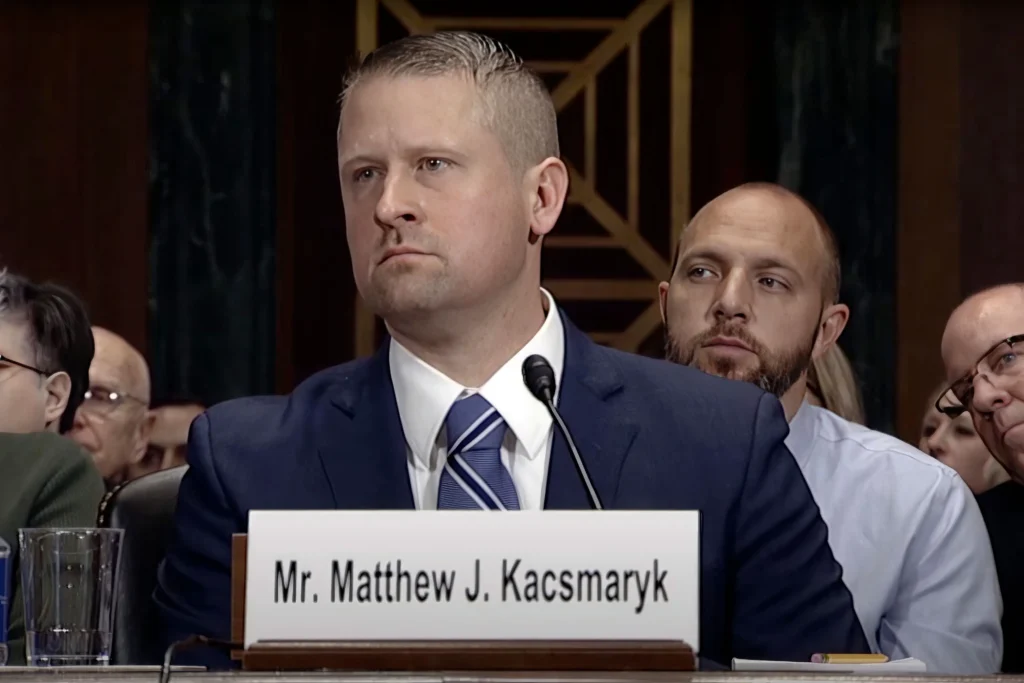


Abortion is a national issue dredged in controversy; due to the overthrowing of Roe v. Wade in the Supreme Court, many new questions have arisen regarding women’s rights. Another imperative question to the debate is the use of abortion pills and the regulations surrounding their commercial selling.
Mifepristone
On April 7, a court in Texas ordered vendors to pull abortion pills off their shelves, but Danco Laboratories, a drug manufacturing company, filed an emergency request to the Supreme Court to contest the ruling which restricted the use of their product, mifepristone. Mifepristone was approved over 20 years ago, but Judge Matthew Kacsmaryk argued that “the FDA had violated federal rules that allowed for the accelerated approval of some drugs, and had erred in its scientific assessment of the drug.”
Over time, the drug has been made more available and easier to access––even making it able to be mailed to homes. Furthermore, the time-span in which the drug could be used has increased from 7 weeks into the pregnancy to now 10 weeks in. This led to the case being introduced in the Supreme Court, which froze the lower court’s ruling.
Lawrence Gostin, a lawyer and professor for global health law at Georgetown University stated, “it is deeply concerning that appellate judges think they can micromanage FDA decisions for mifepristone and other FDA. These are scientific decisions that should not be made by lay judges.” Mr. Gostin hopes that the Supreme Court will back the decision made by the FDA but says that “all bets are off,” as the current ratio 6-3 conservatives provides no security.
FDA Limitations
While the case brought from Texas ran its course in the Supreme Court, another case was brought up in a federal courtroom in Washington state to challenge the ruling of Judge Kacsmaryk. Judge Thomas Rice rallied support against the new restrictions on access to the mifepristone pill along with 17 Democratic attorneys from their respective states and one attorney from the District of Columbia.
While the decision caused no direct changes to the Texas case, it does have national implications as it would be unsustainable for the FDA to create different laws for one medication in different states. The case as of right now is on pause but will resume on May 17 beginning with oral deliberations in front of the appeals court.
By: Niharika Rajeev

